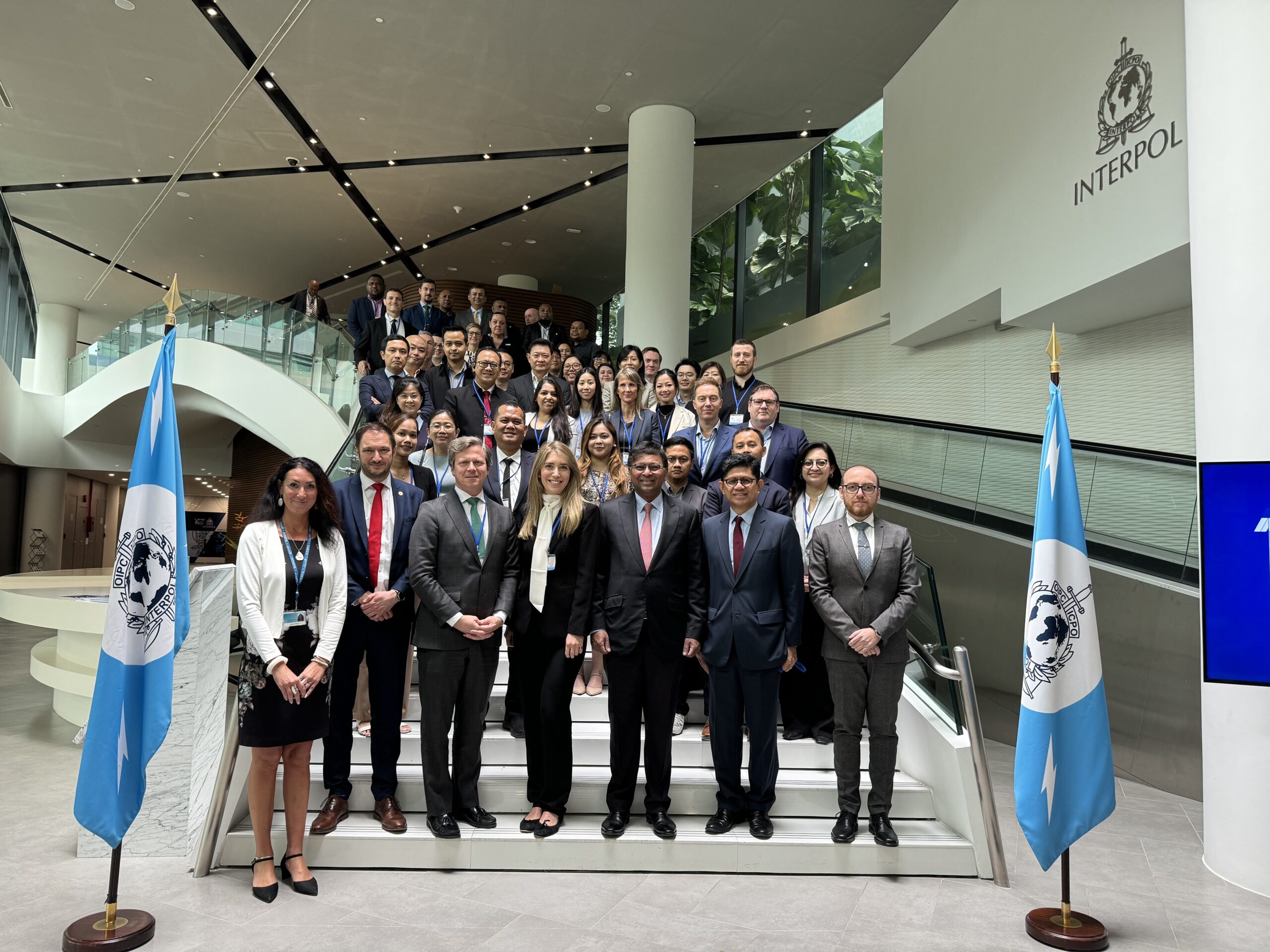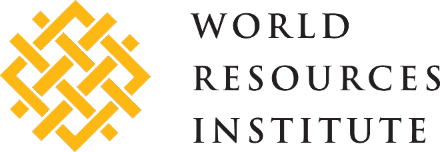First Asia-Pacific Regional Private Sector Dialogue launched in Singapore

The Nature Crime Alliance’s efforts to bolster the private sector’s capacity to identify and disrupt illicit financial flows linked to crimes against the environment took a new step this month with the first Asia-Pacific Regional Private Sector Dialogue, which convened in Singapore, on 3-4 December.
The meeting, organised by the UN Office on Drugs and Crime (UNODC) supported by the Nature Crime Alliance, INTERPOL and United for Wildlife, brought together anti-money laundering/countering the financing of terrorism government authorities, the private sector, and civil society organisations from across the Asia Pacific region, with the goal of strengthening efforts to tackle financial crimes linked to environmental crimes. The regional Dialogue, which will continue in 2025, allows participants to develop and share their understanding of risks and mitigation measures relating to the financing of crimes that affect the environment, mainly focusing on illegal deforestation and the illicit extraction of minerals the in Asia Pacific.
The event, held at the INTERPOL Global Complex for Innovation in Singapore, was split into three roundtable sessions, each focused on addressing a different problem set, including the use of financial intelligence to identify crimes that affect the environment, internal policies and governance to address these crimes, and the role of financial institutions in combating these crimes and promoting sustainable practices.
The Dialogue was co-chaired by John Edward Conway, Executive Secretary of the Wolfsberg Group and Laode M. Syarif, Executive Director of Kemitraan and former Commissioner of the Corruption Eradication Commission (KPK), Indonesia.
Dr Madan Oberoi, Executive Director of Technology and Innovation, INTERPOL, provided welcoming remarks, stating: “Governments, private sector, and civil societies must ensure that financial systems support stability, not exploitation. This means aligning banking with national priorities to fight financial crimes that harm the environment, demanding transparency in businesses, and supporting stronger regulations that follow global environmental standards.”
The keynote address was delivered by Raja Kumar, Senior Advisor (International), Ministry of Home Affairs, Singapore, and former President of the Financial Action Task Force (2022-2024).
More than 90% of participants said that the Dialogue had given them a better understanding of the investigative and technical capabilities that banks and civil society organisations are deploying to disrupt the threat of financial crimes related to environmental crimes, while 92% stated that the Dialogue had enabled them and/or their institution to identify new risk indicators, red flags and suspicious transactions related to environmental crimes.
For more information, contact Lynn Schlingemann, Senior Associate, Financial Crime and Corruption, Nature Crime Alliance Secretariat: lynn.schlingemann@wri.org

